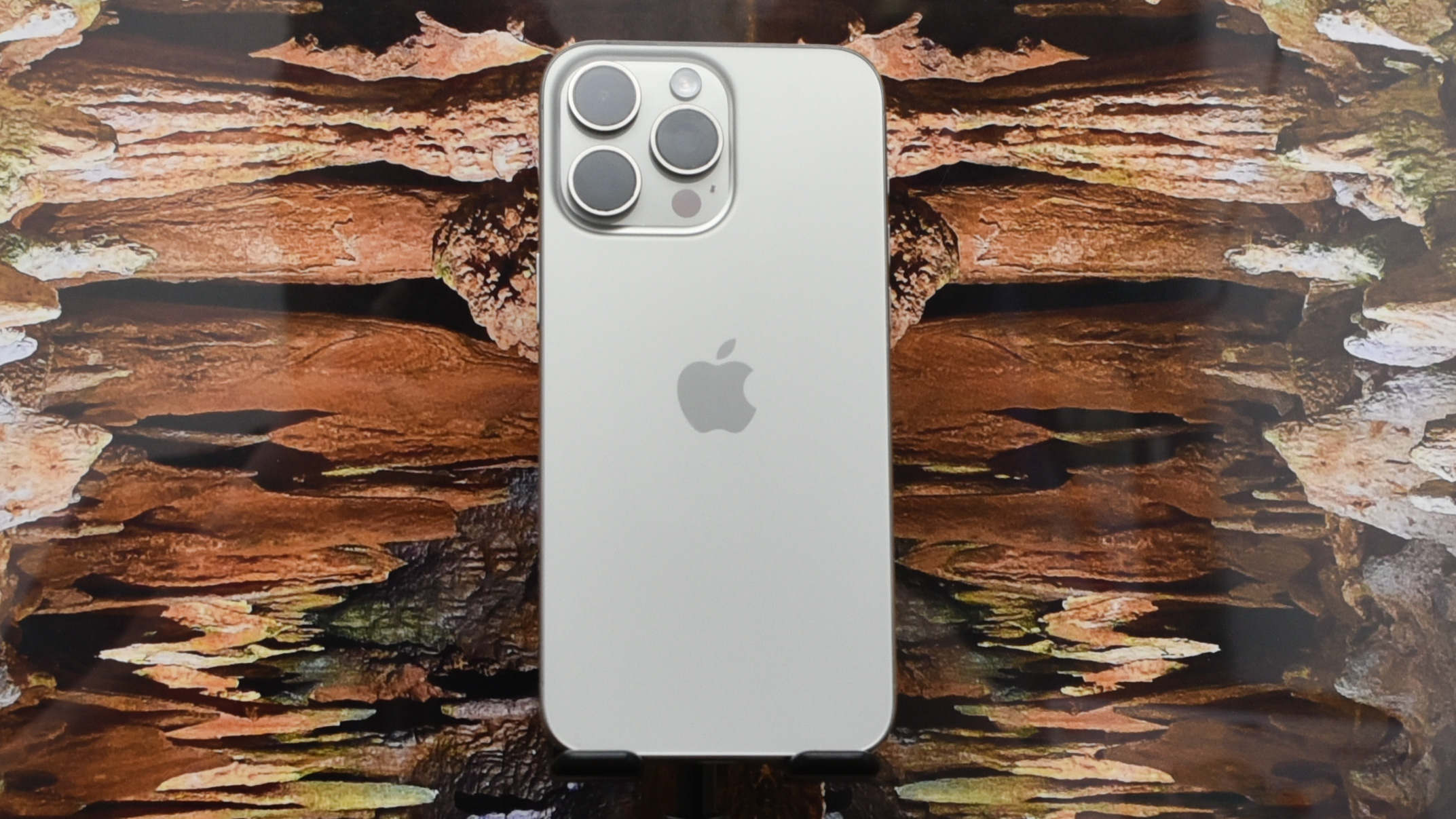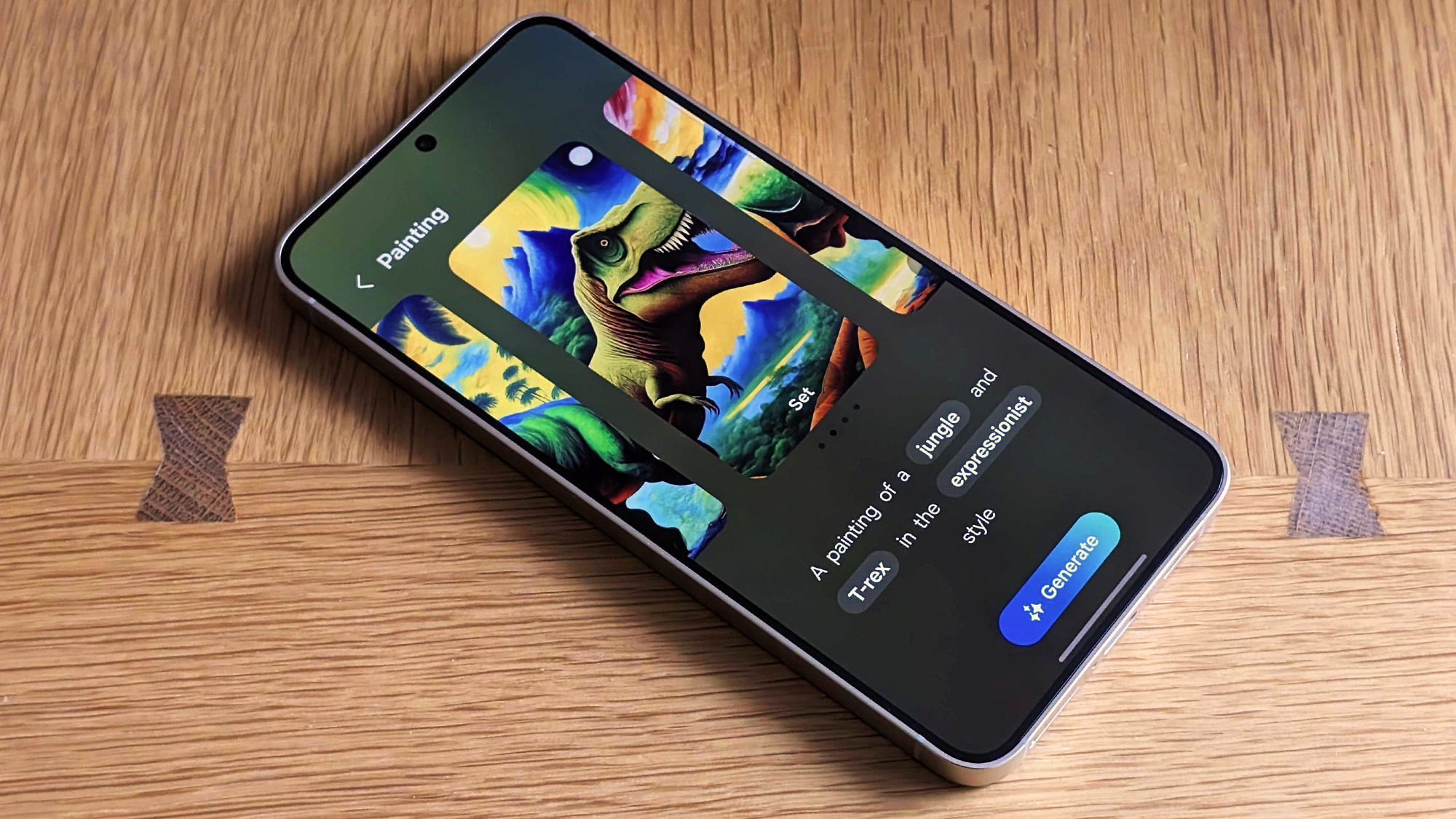Don't be afraid of AI on your next Pixel or Galaxy, it's not really a big deal yet
It's not really artificial intelligence, it's just cool

My Dad has a Galaxy S22, and he’s perfectly content, but it’s time for him to upgrade. He’s paid off the phone with Verizon and they owe him a new one. I suggested an iPhone 15, for my own sanity as his tech support, but he’s staying loyal to Samsung, so I offered to help him set up a Galaxy S24. He refused. That phone has AI, he says, and he doesn’t want an AI phone. I get it, but I’m here with news that AI has been greatly exaggerated. There is nothing to worry about when it comes to AI on your phone.
Actually, there is no artificial intelligence (AI) on your phone. I’ll tip my hat to Samsung on this one, they have been calling their new features “advanced intelligence,” and that’s an apt distinction. If you have concern over general AI and what it means to the future of humanity, I can assure you that your concept of AI does not come close to what you’ll find on a smartphone today.

Before I get into what AI on a smartphone really is, let’s put away concerns. AI is not going to make decisions for you, not in any way. It won’t make phone calls, or send text messages. It won’t change anything, you still make all the changes.
The new AI features on the Samsung Galaxy S24 and Google Pixel 8 make suggestions – for photos or text messages – but they don’t take any action until you press the buttons first, then hit “Done” when you’re done. You can’t make the AI work by accident. It won’t work without you.
This ‘AI’ isn’t thinking. It doesn’t have ideas. It isn’t dreaming. It isn’t a brain or a mind in any way. It’s a computer, which means it’s just a bunch of very tiny switches, and little more.
The AI doesn’t judge you. Don’t do anything weird, though, because all of your input is going through Google or Samsung, and they will totally judge you, especially if you use AI for anything untoward. Actually, I’m much more worried about the way bad people will use AI than I am worried about bad AI itself.
AI is happening behind the scenes
So, what is AI on a smartphone today? What are the new AI features that Samsung and Google brag about? There are two ways to think about AI on smartphones today. There’s AI that happens in front of you, and AI that is happening in the background.
Sign up for breaking news, reviews, opinion, top tech deals, and more.
Do you wish that your phone would learn some of your habits, so you didn’t have to repeat yourself? Like, you open the same apps every morning, but you forget to add those apps to your homescreen. You end up searching for Calendar every time you need a calendar. Nowadays, your phone will have some box where it recommends apps. Instead of searching, Calendar will just be there. That’s AI.

Doesn’t it seem like your phone often recommends just the right app at the right time? Have you ever gone to check your balance right outside your bank ATM and your phone is offering you the banking app? Has it offered Yelp or Uber Eats around dinner time? That’s AI, and it’s nothing to worry about.
There are tons of optimizations, recommendations, and behind-the-scenes features that are learning your patterns and making the phone better as a result. That’s AI. When these companies use the term AI, what they really mean is ‘very advanced pattern recognition.’
At best, it happens where you can’t see, and your phone just works better, offering you the features you need at the right moment, or saving power so the battery lasts longer. Then there is the AI that you can see, that gets in your face.
AI that makes suggestions and changes things
So far, these are mostly editing and suggestion features. They work pretty well. Your phone can help you with your writing, your photos, and even your ideas. It can edit and make suggestions on how to make that writing, those photos, and even those ideas better.
The way this happens is through ‘very advanced pattern recognition.’ There’s no actual intelligence, and certainly no ‘artificial intelligence,’ in the way we might imagine an intelligent computer with its own thoughts and ideas. The Terminator isn’t living inside your Galaxy S24 Ultra.
When Samsung’s new Galaxy AI suggests edits to a text message, it is using its training experience reading millions of text messages. Samsung fed those messages into a very smart computer, a computer great at ‘very advanced pattern recognition,’ and now that computer can make text messages that match a situation.

Google fed millions of photos into a very smart computer. Now Google Photos can look at your image and determine how it is like all of the other photos it has seen. It can suggest edits to make your picture more like the millions of photos it knows. It can change your background or add and remove people, because it knows what photos are supposed to look like, and it can make yours match what it knows.
That’s all it knows. It doesn’t think, or create anything truly new. It just has millions upon millions of examples that it learned, and it is very good at creating an average idea from those examples. Even better, every time the AI makes a bad suggestion, it gets a little better next time. Just a little. Like I said, it’s pattern recognition, so every opportunity helps it recognize a more complicated pattern.
It’s very cool technology, and getting more useful all the time, but it’s nothing to worry about, not yet. The worst case scenario for AI right now is for humans to use it for nefarious purposes. The AI can make writing suggestions, so if you are writing a scam email, it may help with that. If you are creating a fake photograph, AI can help with that. It isn’t the AI technology that is frightening. Sadly, it’s those people who use technology that we should worry about.
You might also like

Starting more than 20 years ago at eTown.com. Philip Berne has written for Engadget, The Verge, PC Mag, Digital Trends, Slashgear, TechRadar, AndroidCentral, and was Editor-in-Chief of the sadly-defunct infoSync. Phil holds an entirely useful M.A. in Cultural Theory from Carnegie Mellon University. He sang in numerous college a cappella groups.
Phil did a stint at Samsung Mobile, leading reviews for the PR team and writing crisis communications until he left in 2017. He worked at an Apple Store near Boston, MA, at the height of iPod popularity. Phil is certified in Google AI Essentials. His passion is the democratizing power of mobile technology. Before AI came along he was totally sure the next big thing would be something we wear on our faces.